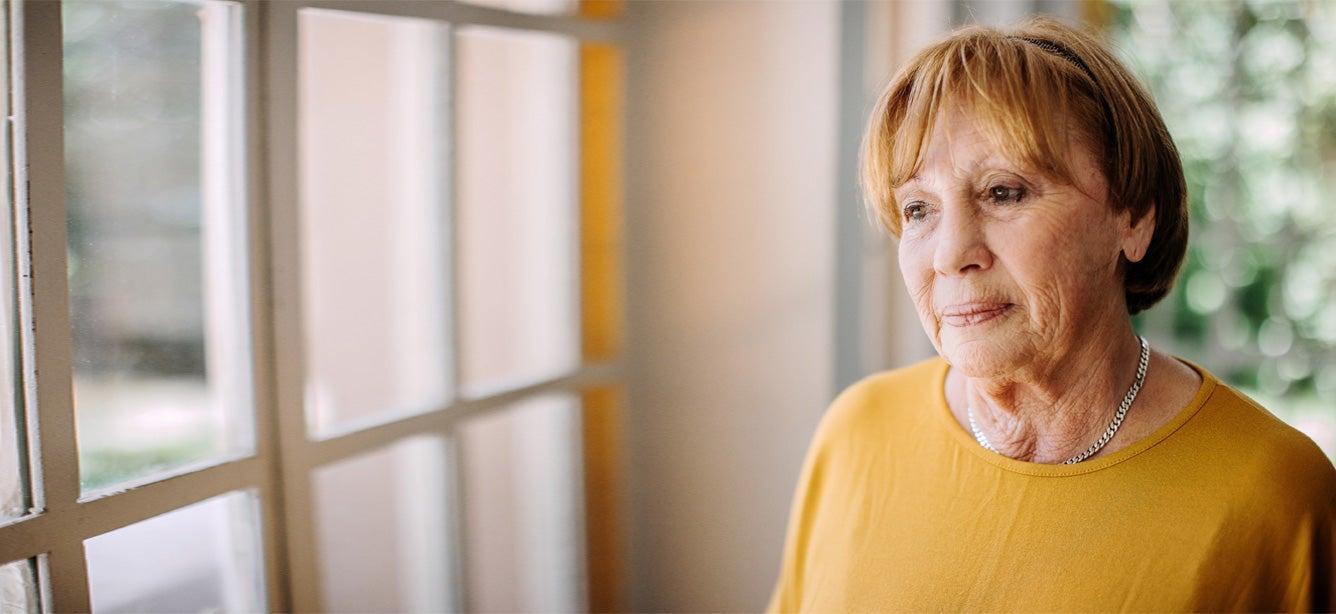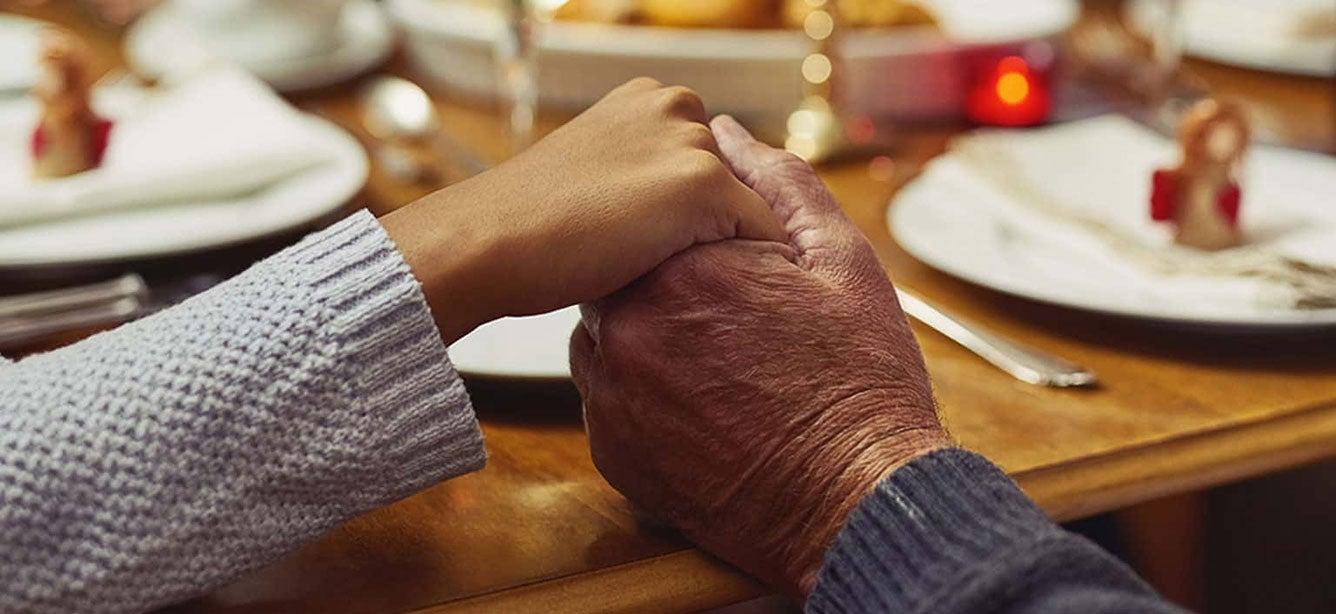Older Adults and Gun Violence Trauma: Tips for the Aging Network
12 min read

Related Topics
Advanced age can be a protective factor against the negative consequences of gun violence because of the acquisition and use of adaptive coping strategies over a lifetime. Many older adults are resilient because they have experience overcoming stressors and obstacles. However, gun violence disrupts our sense of safety and order that may make it more difficult to bounce back after a traumatic event.
In particular, older adults who have experienced some type of gun violence or other traumas earlier in their lives may find they are triggered or retraumatized by stories of or encounters with gun-related deaths and mass shootings. Moreover, gun violence harms more than just the victims; it alters and damages the lives of their families, friends, neighbors, and communities.
Those who wish to help often do nothing because they do not have a clear idea of what they can do and how they can start to support those who have been traumatized. A good place to start is to learn more about older adults, trauma, resilience, and gun violence.
This guide was created to assist professionals in the aging network who serve older adults who are survivors of gun violence. It covers:
- Providing support and comfort to gun violence survivors
- How to build a self-care action plan
- When to seek extra support
- When and how to make a referral to mental health services
We also acknowledge Yvette M. Lugo, LMSW, Director of the Area Agency on Aging, Rio Grande Council of Governments in El Paso, TX who contributed to the content for this resource.



